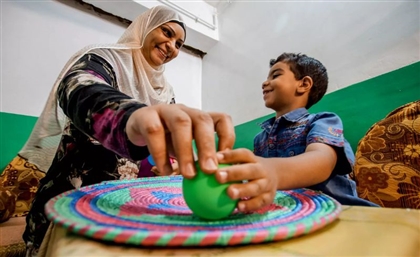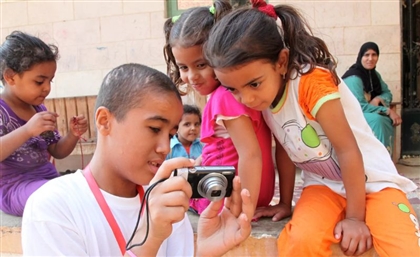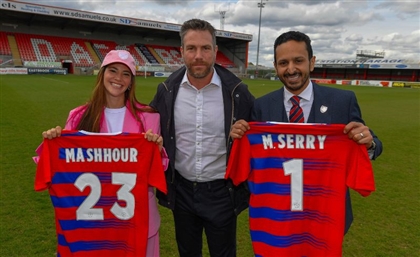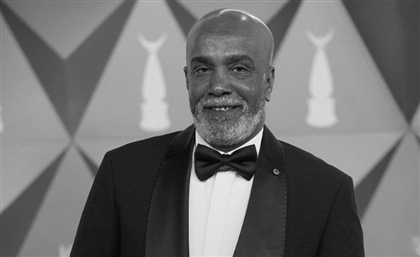These Dogs Are Helping Cairo’s Neurodivergent Kids Build Life Skills
A Cairo-based programme helps neurodivergent children strengthen communication, self-confidence and daily routines with dogs.
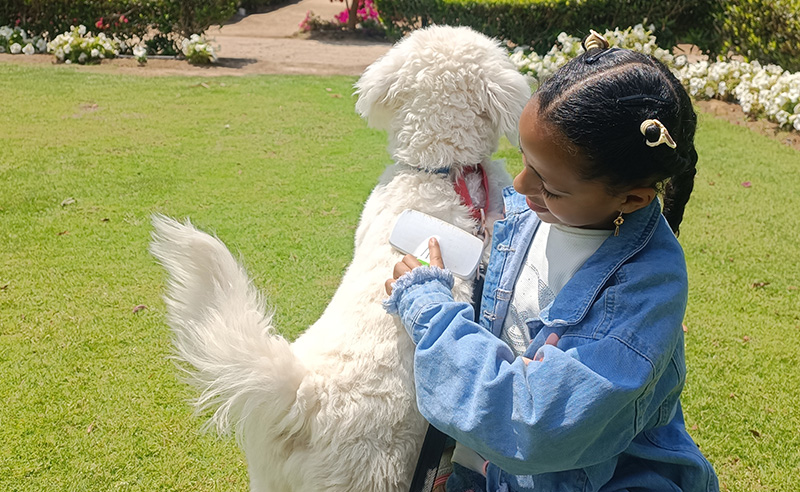
In a grassy space in Abu Rawash, a German shepherd named West places a ball in front of a 5-year-old at the word “drop.” It’s not just play—it’s a learning moment. West, along with a team of trained dogs, is part of a structured programme at an NGO called Eastwind Cares that’s all about helping neurodivergent kids.
An expansion of Eastwind, Egypt’s leading centre for dog wellness, training and rehabilitation, Eastwind Cares has turned its expertise towards a new frontier. The programme pairs neurodivergent children with carefully selected animals to help them build social, emotional and functional life skills through daily interaction and care.
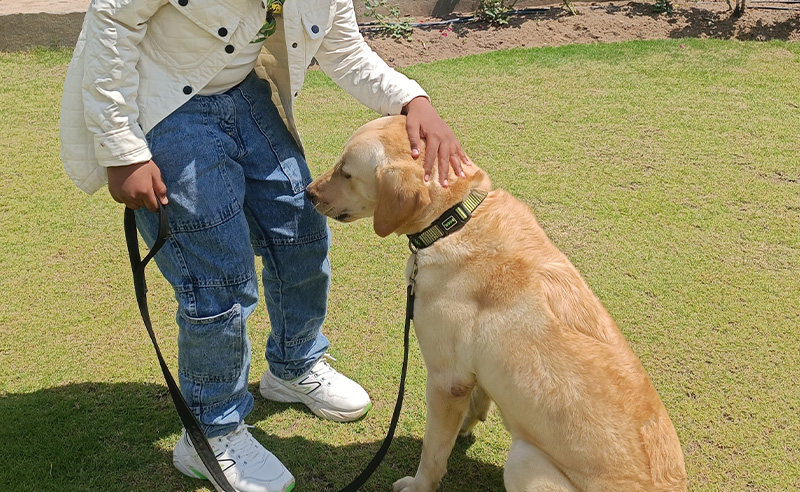
“We are excited to launch this new division of Eastwind located at 6th of October and New Cairo because we believe that kids with diverse needs deserve an opportunity to work on critical life skills in a fun, nurturing and interactive space,” Hashem El Dandarawy, Founder, tells CairoScene. “Over the years, we've trained service dogs to support individual needs, including children with autism. This led to us taking this knowledge to a different level. Our advisory board of innovative leaders in behavioral analysis from the US helped our mission become a reality.”
Scientific research continues to validate the therapeutic potential of dog-human relationships for children on the autism spectrum. Studies have shown that regular interaction with therapy dogs can help reduce anxiety, support co-regulation, and improve emotional expression. A 2014 study published in PLOS ONE found notable gains in communication and emotional regulation among children who worked with trained dogs, while other research highlights the benefits of sensory integration and confidence-building.
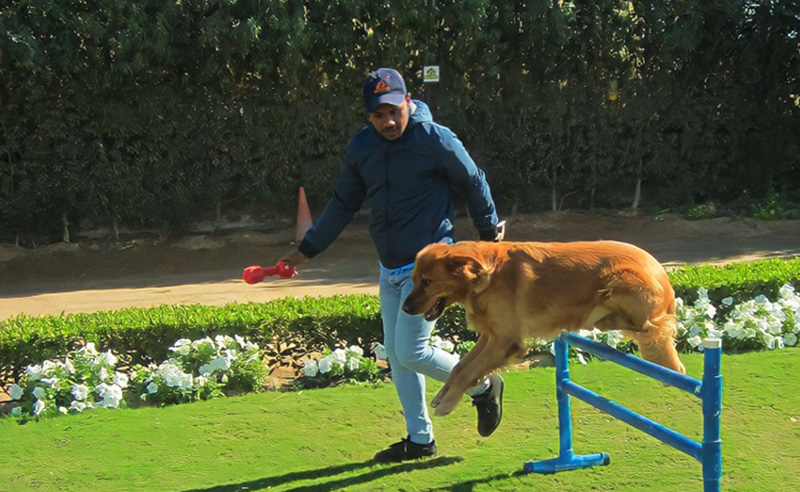
At Eastwind Cares, each child’s journey begins with a thorough intake and assessment, used to set personalised goals. Whether it's improving task attention, navigating transitions, or engaging in communication, the programme builds those targets into simple routines—feeding, walking, brushing or bathing the dogs. These moments, though ordinary on the surface, become powerful tools for helping children gain independence and structure.
With the designated dog assigned to the child, the interventionist facilitates the session and monitors progress towards goals whether it’s improving flexibility with transitions, tolerating a self-care routine, increasing attention to tasks, or increasing communication skills.
Families have already noticed the difference, and through word of mouth, Eastward Cares is seeing a growing demand. For many families, it’s a refreshing addition to traditional centre-based therapy that may not include regular parent training.
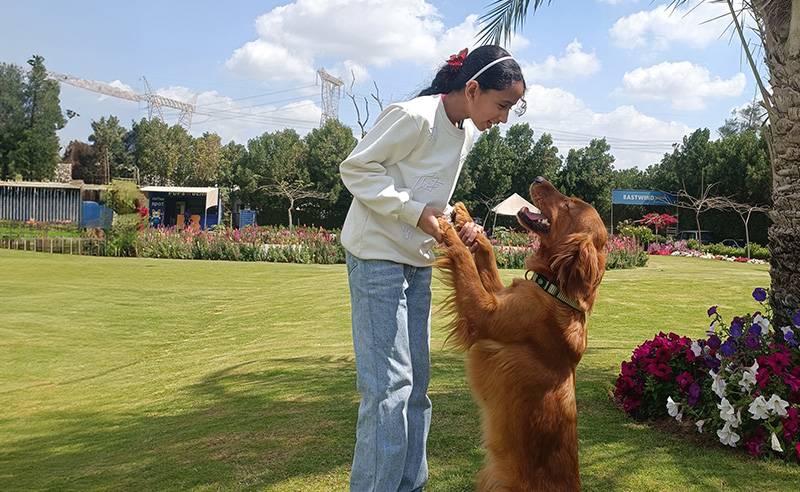
At the heart of Eastwind Cares is a simple premise: relationships, routine, and repetition. These dogs aren’t just companions—they’re collaborators in each child’s journey. And with April marking Neurodiversity Awareness Month, the full public launch of the programme comes at a time when community, care, and connection are more important than ever.
Trending This Week
-
Apr 18, 2025








